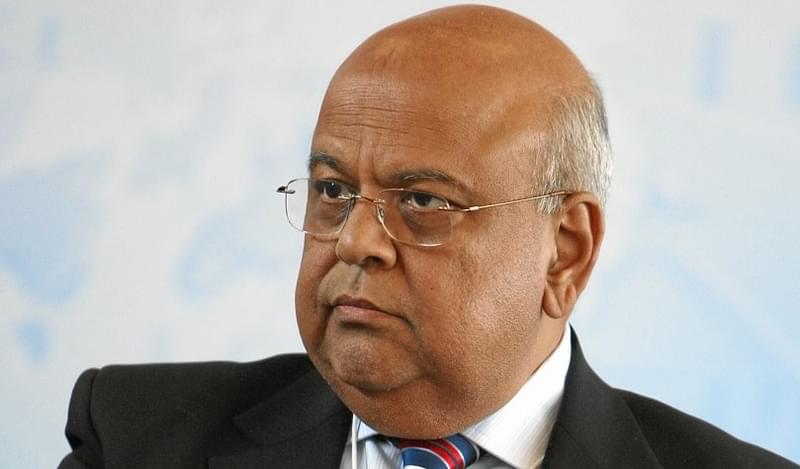Tensions between Finance Minister Pravin Gordhan and President Jacob Zuma have resumed, with the Gordhan now facing criminal charges for his handling of a former colleague’s employment status during his first term as Finance Minister.
Gordhan has been accused of spending ZAR1.1mn (US$77,000) on the retirement and then re-hiring of a former colleague during his time as Finance Minister between 2009 and 2014. He is also under investigation for corruption charges when he was head of the South African Revenue Service.
“The political landscape and the effect it has on the macroeconomic fundamentals of the country does come into play in the rating decision. In our opinion it just increases the probability of a downgrade,” said a South Africa based head of credit speaking to Bonds & Loans. “The rand has been all over the place.”
Over the last month, the rand had risen against the US dollar from 14.3202 to 13.4523 to the greenback, only to fall sharply again to 14.3691 according to data from Bloomberg. The rand is currently trading at 14.2640 to the dollar.
Yields on the country’s 10-year government bonds rose sharply, quickly reversing a decline seen since January. It was last yielding 8.91% on October 13, according to data from Trading Economics. The country’s stock markets are taking a bit of a beating.
In some ways the market’s reaction to the recent escalation in tensions between Gordhan and Zuma has been relatively benign. The movement in the spread on sovereign credit default swaps (CDSs) are not nearly as severe as they were in December last year when a previous, little-known Minister of Finance Nhlanhla Nene was fired.
Following that event, South African 10-year government bond yields leapt from around 9% to just under 10.50% according to Trading Economics, whilst the rand fell from 14.5390 to 15.8952 against the dollar.
The present political tensions are likely to have an impact on Gordhan’s ability to implement reforms and continue austerity measures – which is contributing to continuing volatility in South Africa’s markets – and to the likelihood of the country being downgraded.
This view is echoed by Wikus Furstenberg, portfolio manager at Futuregrowth Asset Management, who noted in a recent market report that discussions around structural and economic reforms appeared to have reached a stalemate.
“The risk we run from a credit ratings perspective is that the lack of promised structural reforms start weighing [on a rating review] more than the strengths offered by monetary and fiscal policy credibility,” he wrote.
South Africa is currently rated Baa2 negative, BBB- negative and BBB- stable by Moody’s, S&P Global Ratings and Fitch respectively – the latter two being one notch above sub-investment junk status.









